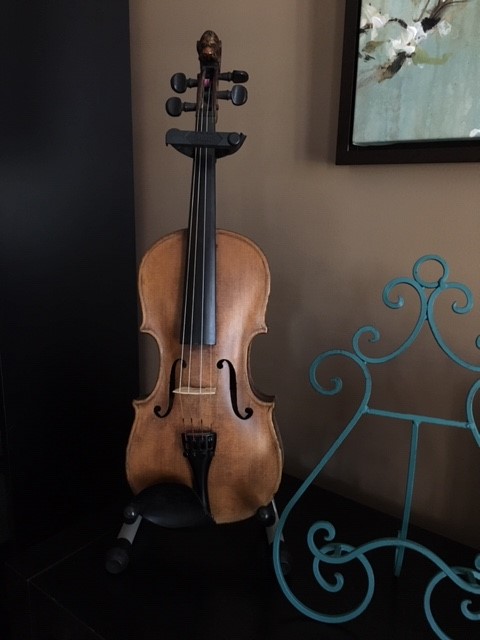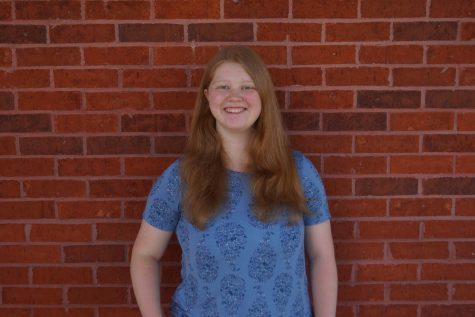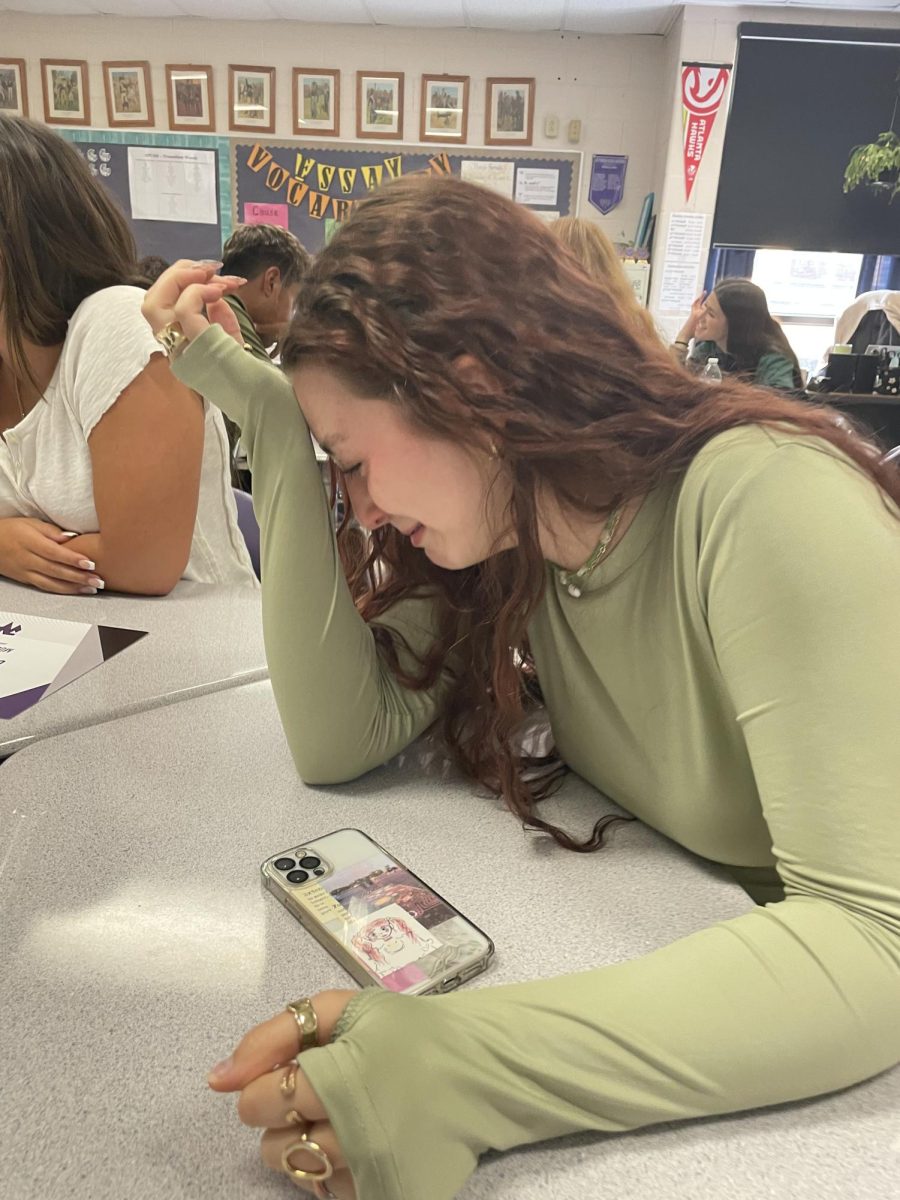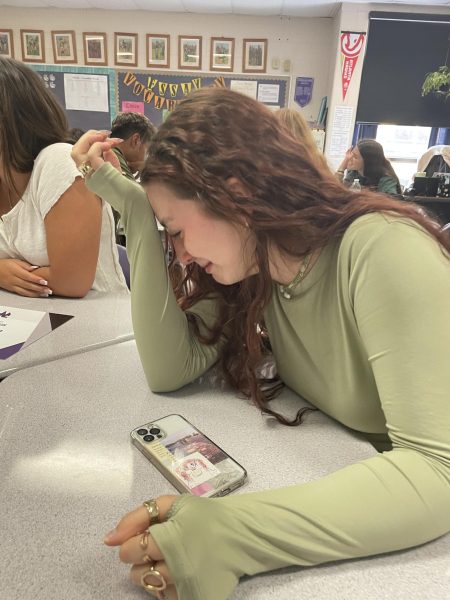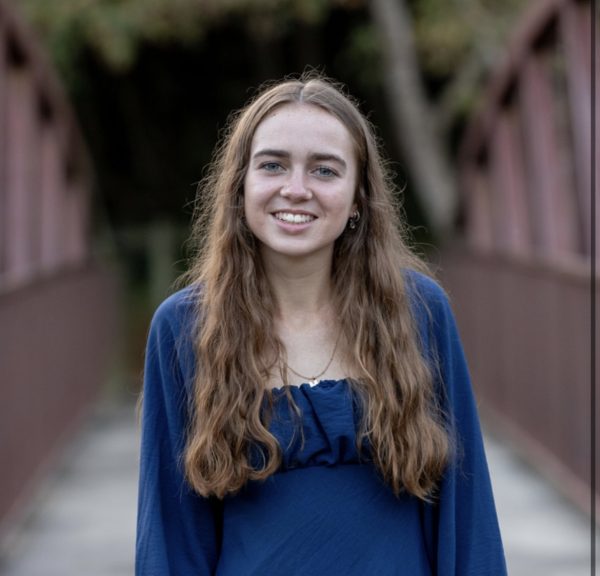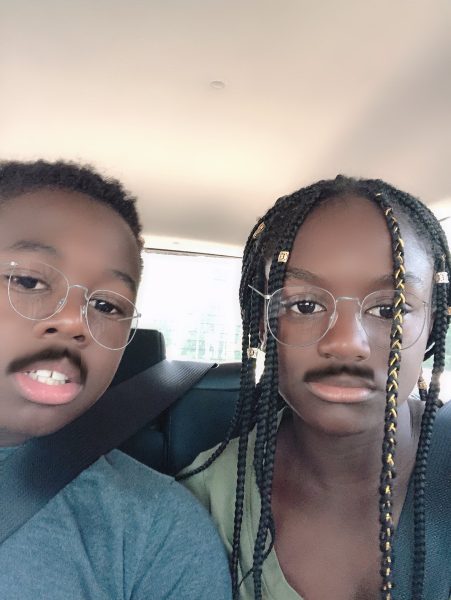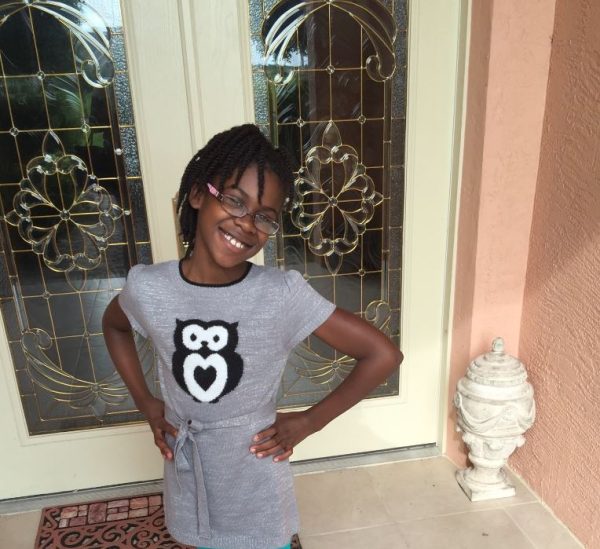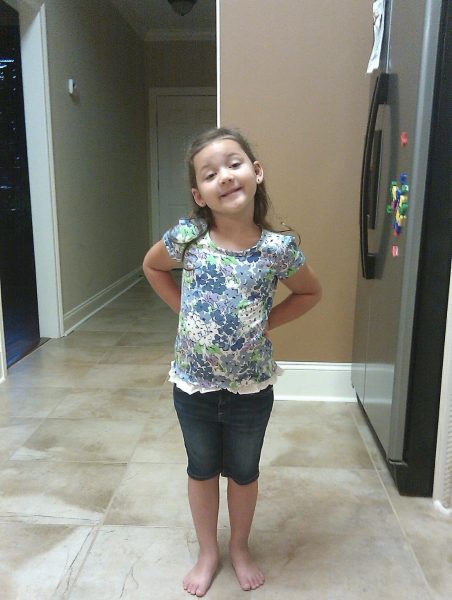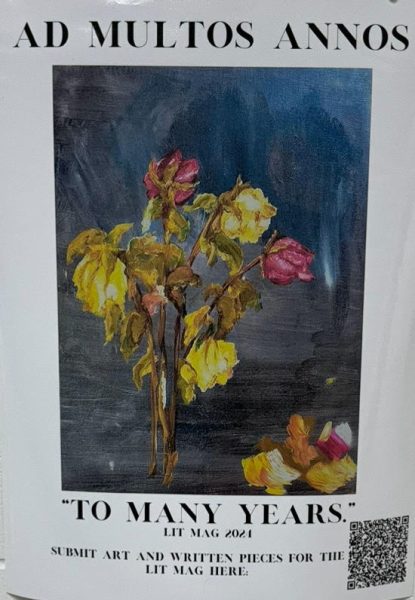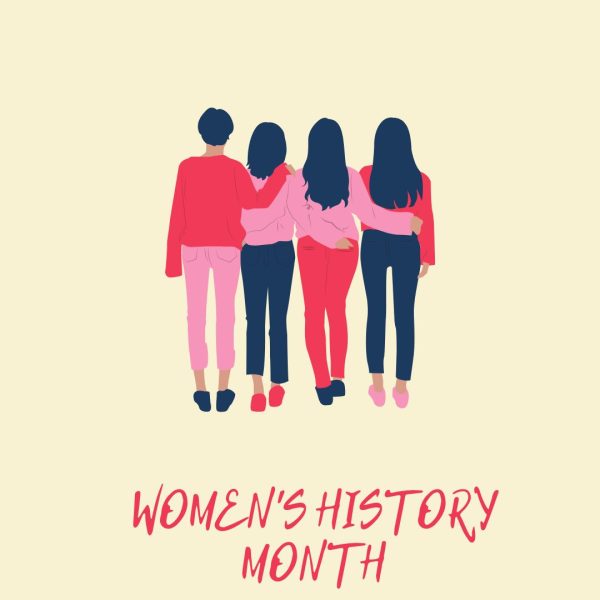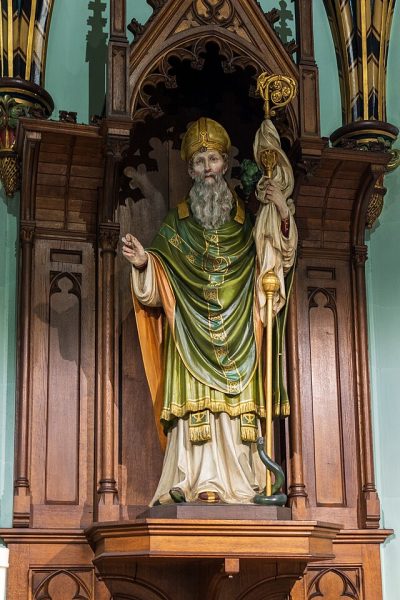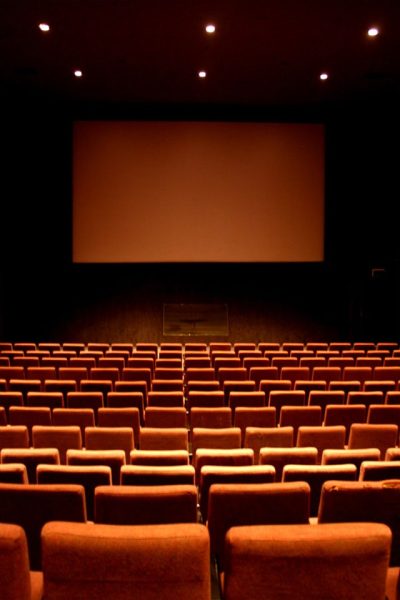Grassroots: A Growing Demand for Stringed Instruments in Forsyth County
Nearly every high school in Forsyth County now has an orchestra program, allowing students to learn how to play stringed instruments such as the violin. The recent trend of creating orchestra programs in schools is a direct result of a grassroots movement, in which people in the community pushed for greater emphasis on strings in addition to other musical instruments.
December 4, 2018
“Grassroots” is a term used to describe a movement which starts from the ground–with ordinary citizens and people banding together to work toward a common interest–and works its way up until change is affected upon the entire community, or even upon society itself. In Forsyth County, the people have spoken: their desire for orchestral programs within schools and the general community has led to a slow but growing trend. New orchestra programs have been created in numerous schools for the 2018-2019 school year alone. With the recent addition of orchestral programs at South Forsyth and West Forsyth High Schools, nearly every high school in the county has an orchestra program.
Rather than being wrought from an administrative decision, the numerous new strings programs which are being implemented around Forsyth County are a direct result of the efforts of the local people. Hence, the grassroots strings movement has been born and is well underway.
Over the past decade, the Forsyth County Schools system has gone from having zero orchestra programs in schools to now having programs at numerous schools. Orchestra classes have been started at Lambert, South, West and Forsyth Central High Schools, and some elementary and middle schools, including Chattahoochee Elementary, Riverwatch Middle and South Forsyth Middle, have started strings clubs for their students.
There are also several community orchestras in Forsyth, such as the Forsyth Philharmonic. It meets for weekly rehearsals at North Forsyth Middle School. Several students, both from NFHS and from other schools in the area, play regularly with this orchestra, which boasts members of all ages among its ranks. NFHS students who play with the Forsyth Philharmonic include Abby Marks, Gabriella Kulway, Ben Stocksdale, Hannah Stocksdale and Emily Stocksdale, among others. However, many of these students and those from other schools do not play stringed instruments for the orchestra; more often, they play wind, percussion, or brass instruments.
Obviously, there has been a major push in recent years for the development of string programs in our community. So why is North not on board with this orchestral startup enthusiasm?
Mr. Raymond Thomas, the lead band director at North, offers his insight, noting that he personally has not considered starting an orchestra program at North for a variety of reasons. For one thing, he does not believe that an orchestra program would pull in as many students as it would for other schools in the county. There simply are not as many string players in this northern part of the county, and there are also not as many students currently at North who have already begun playing classical stringed instruments–like violin, viola, cello and upright bass–when compared with other high schools in the area.
In further explaining his hesitation towards starting an orchestra program at North, Mr. Thomas also noted that “if we’re gonna do it, we need to do it right.” By this, Thomas was referring to the fact that many of the orchestra programs in Forsyth County are being started in high schools rather than in middle schools or even elementary schools. He believes that for orchestral programs to truly succeed in Forsyth County, the school system needs to start those programs at the entry level. He further said that the school system should hire people specifically to teach these string programs–preferably people who play stringed instruments. “Could I teach strings? Yes, but you wouldn’t want to hear me play violin!” Thomas joked.
Thomas noted that if the county chose to start doing those things, then he would “be on board” with starting an orchestra program at North. However, he says that it would still be hard to attract North students who are truly interested in playing stringed instruments, but who are also not already in a music program like band or chorus, to join such a program, and it would possibly divide the music program rather than help it to grow.
Students at North who already play classical instruments need not be too disheartened by this news, though. The NFHS band program allows all string players except for violas to play in the band. And beyond playing with the band at North, these students also have the option to join one of the community orchestras in Forsyth County, such as the Forsyth Philharmonic, or to audition for more prestigious orchestra programs like the Georgia Youth Symphony Orchestra (GYSO) or the Atlanta Symphony Youth Orchestra (ASYO). In all, it is interesting to see how a collective desire for a certain program to be created or change to be enacted can lead to positive results for the entire community.


